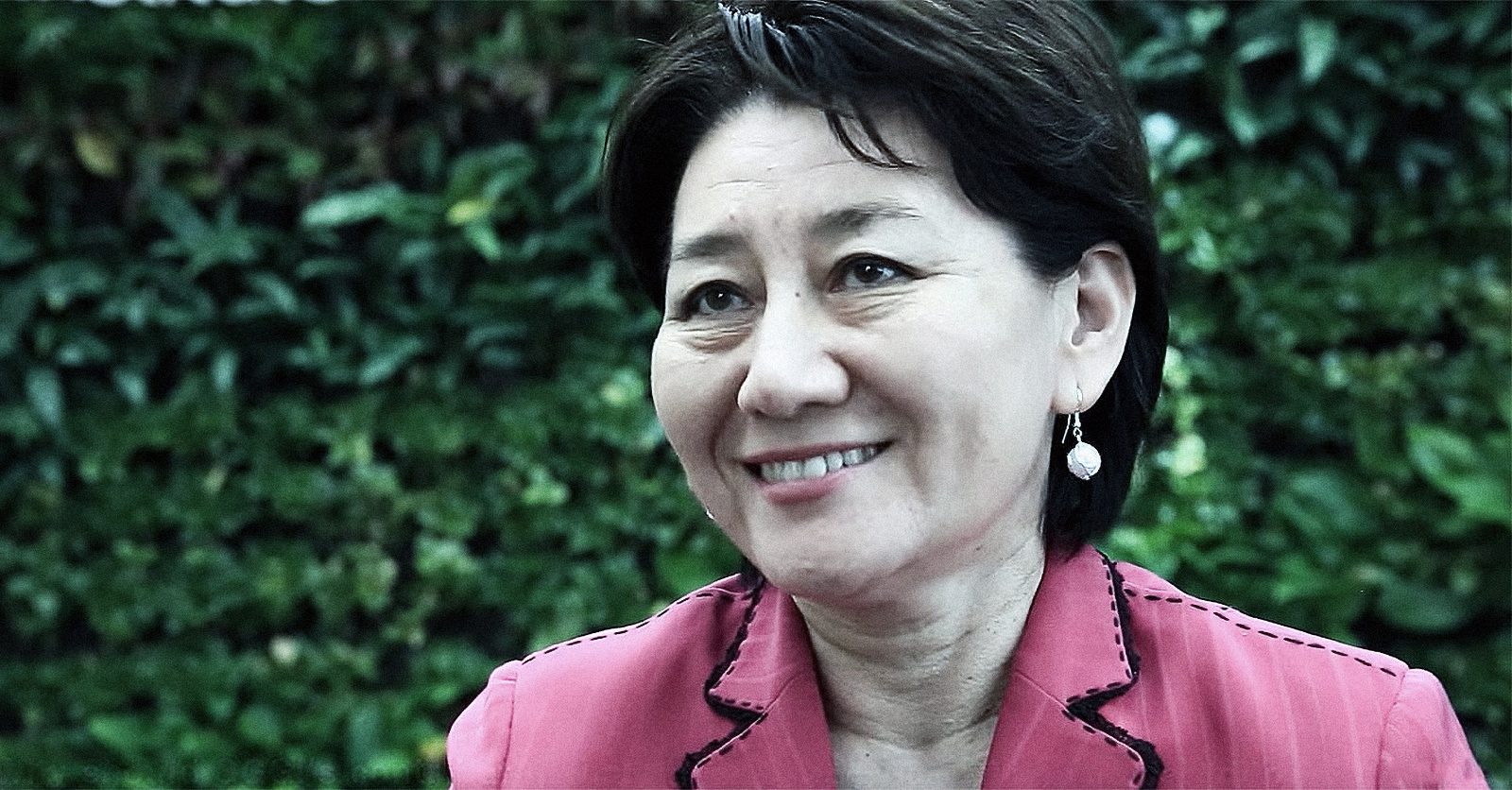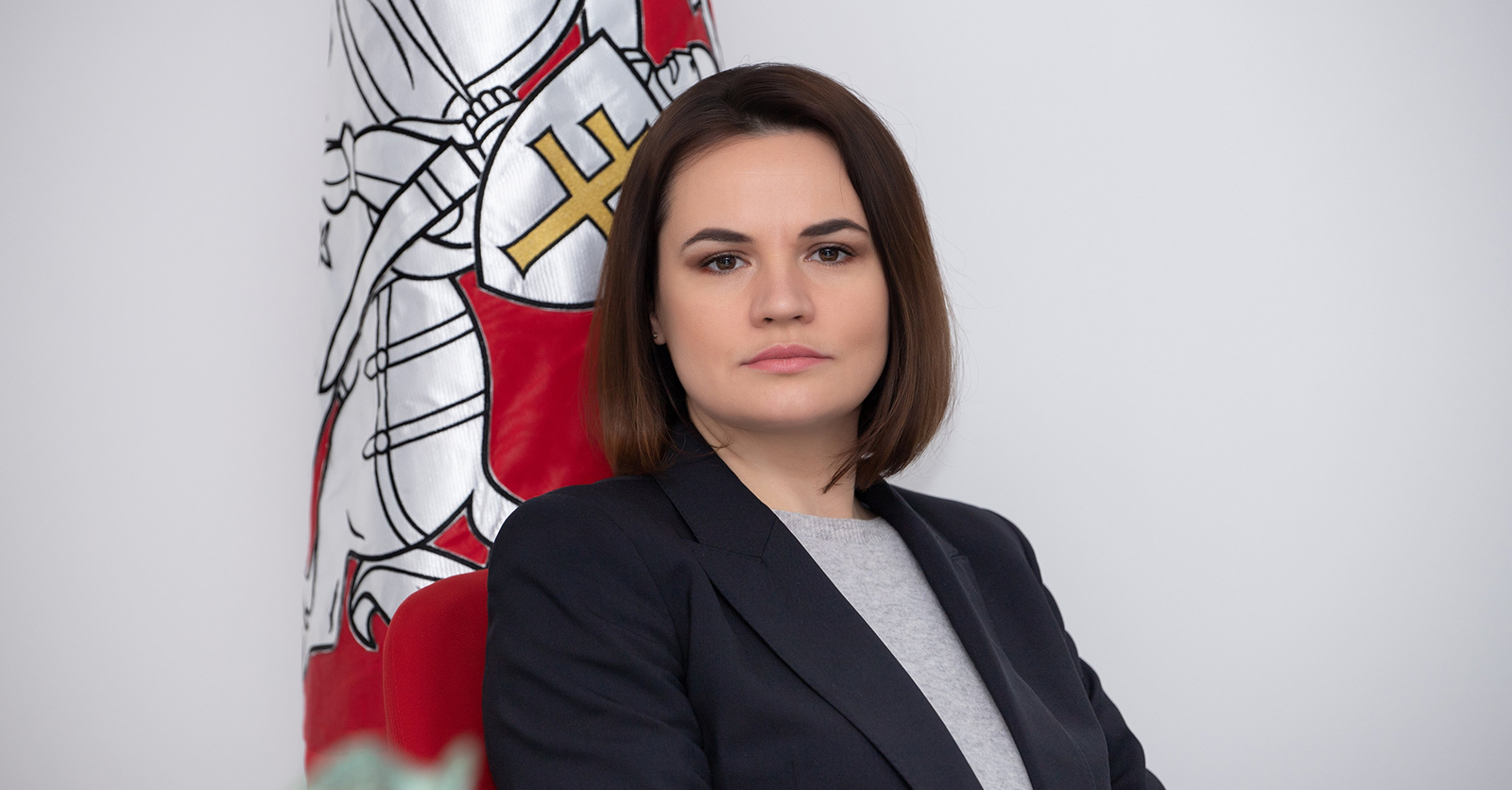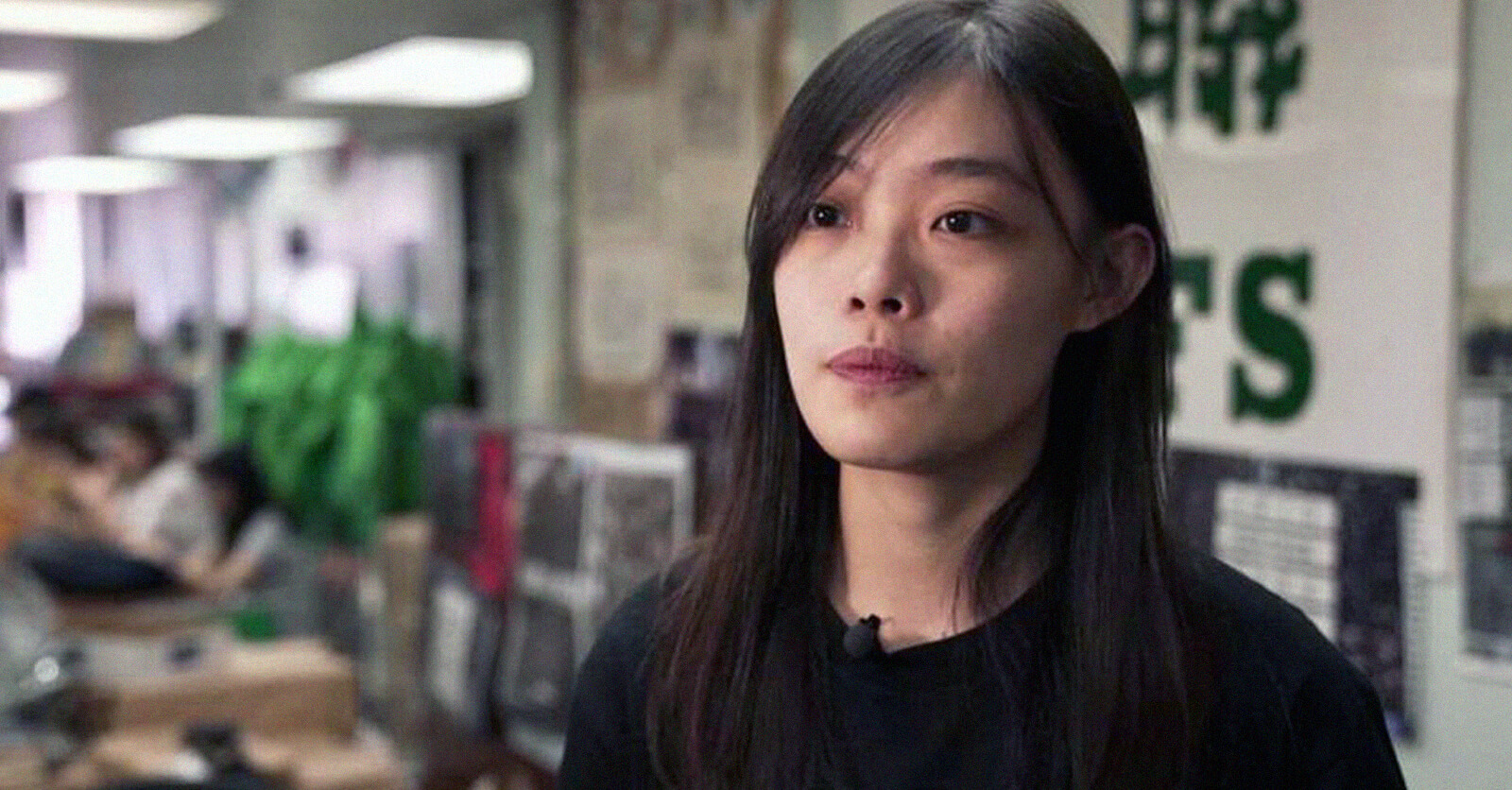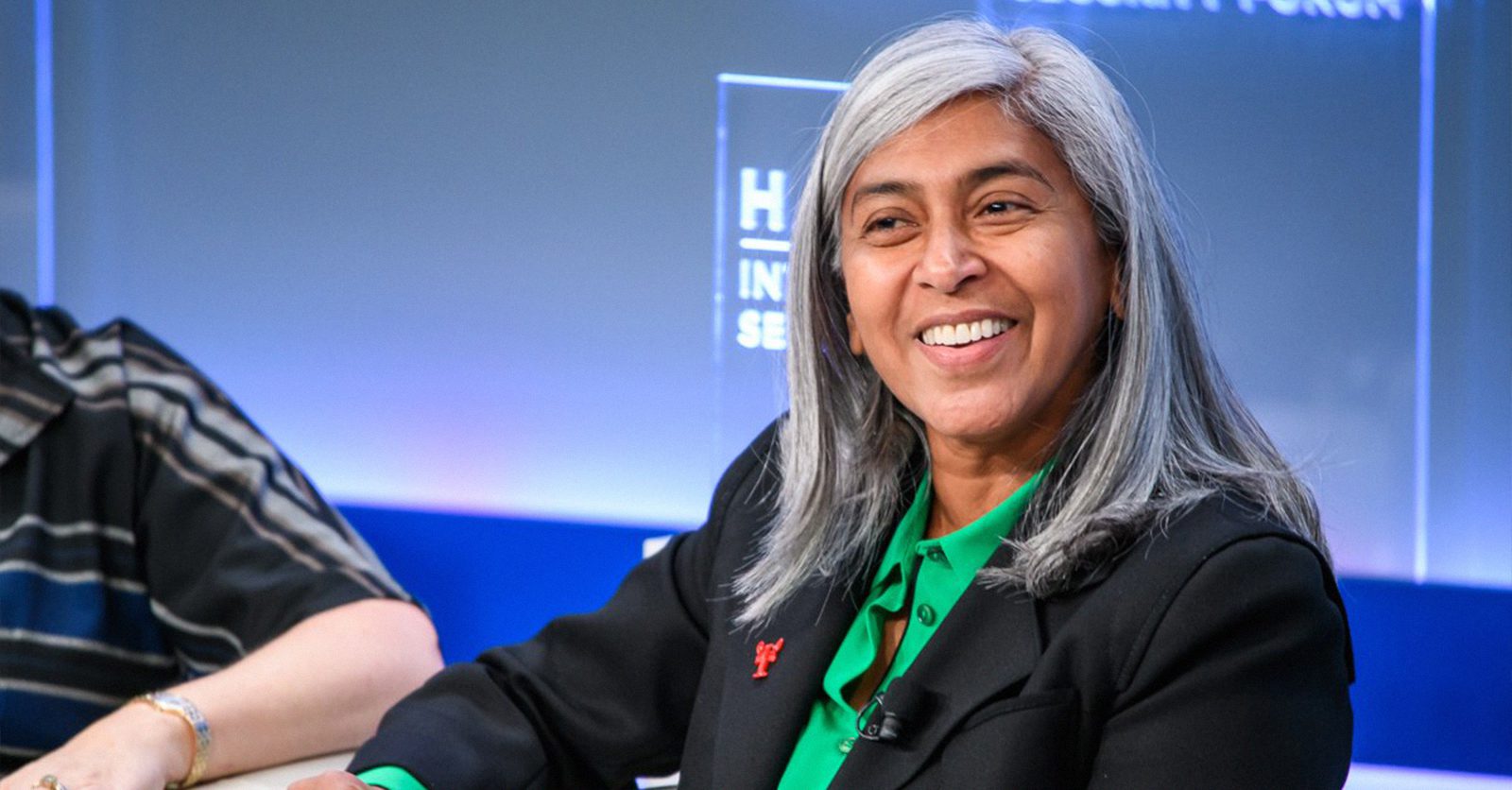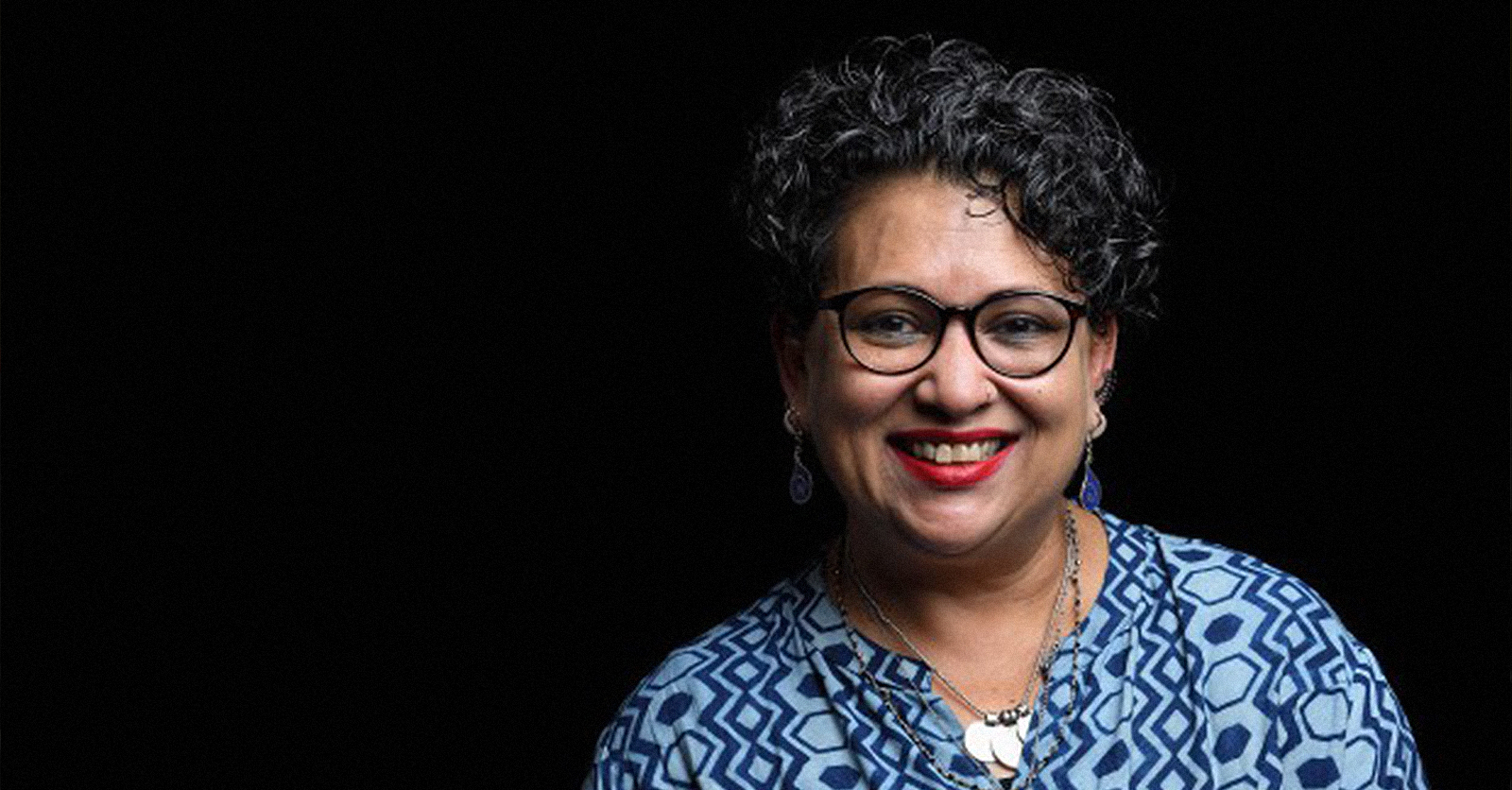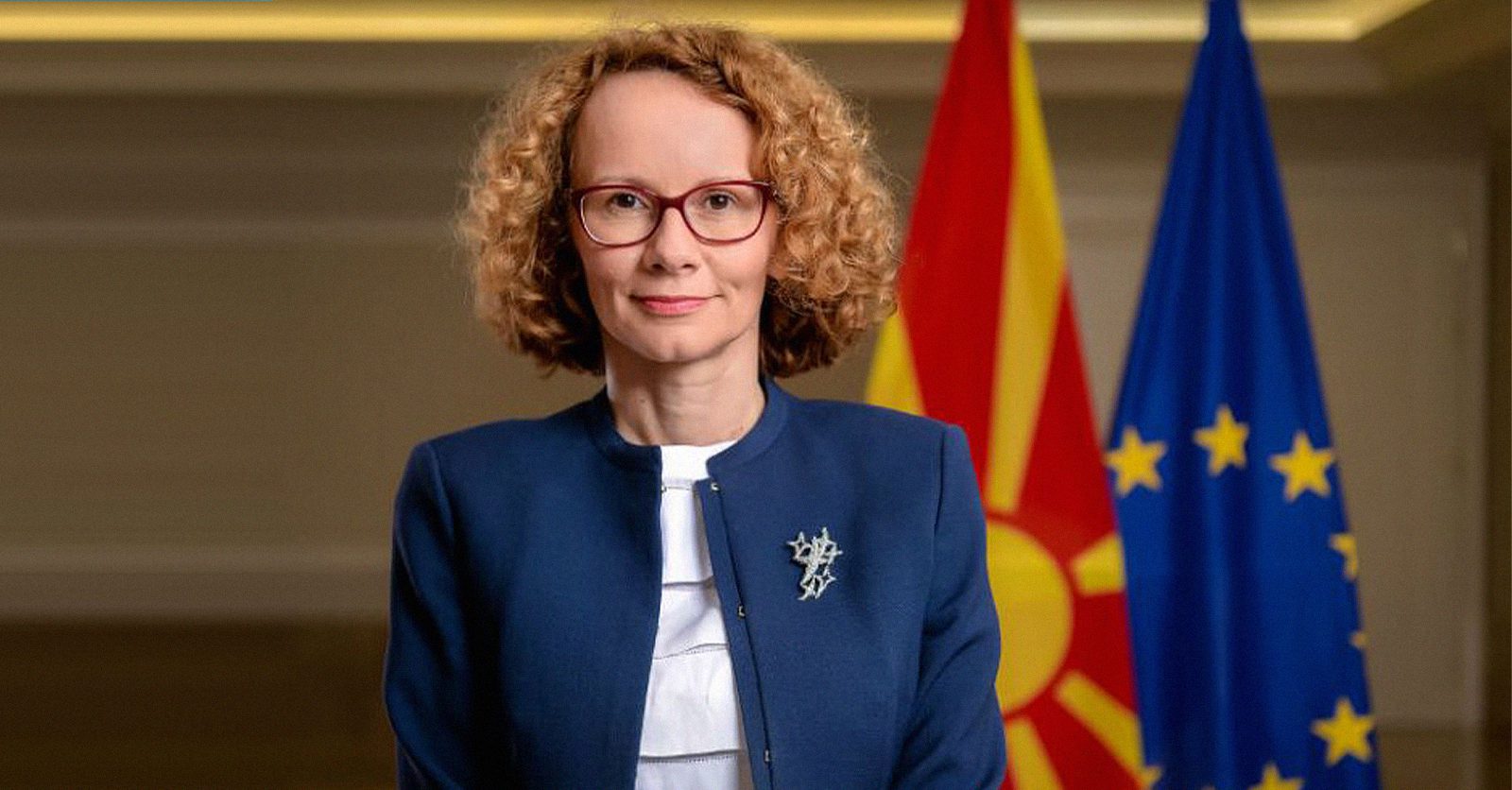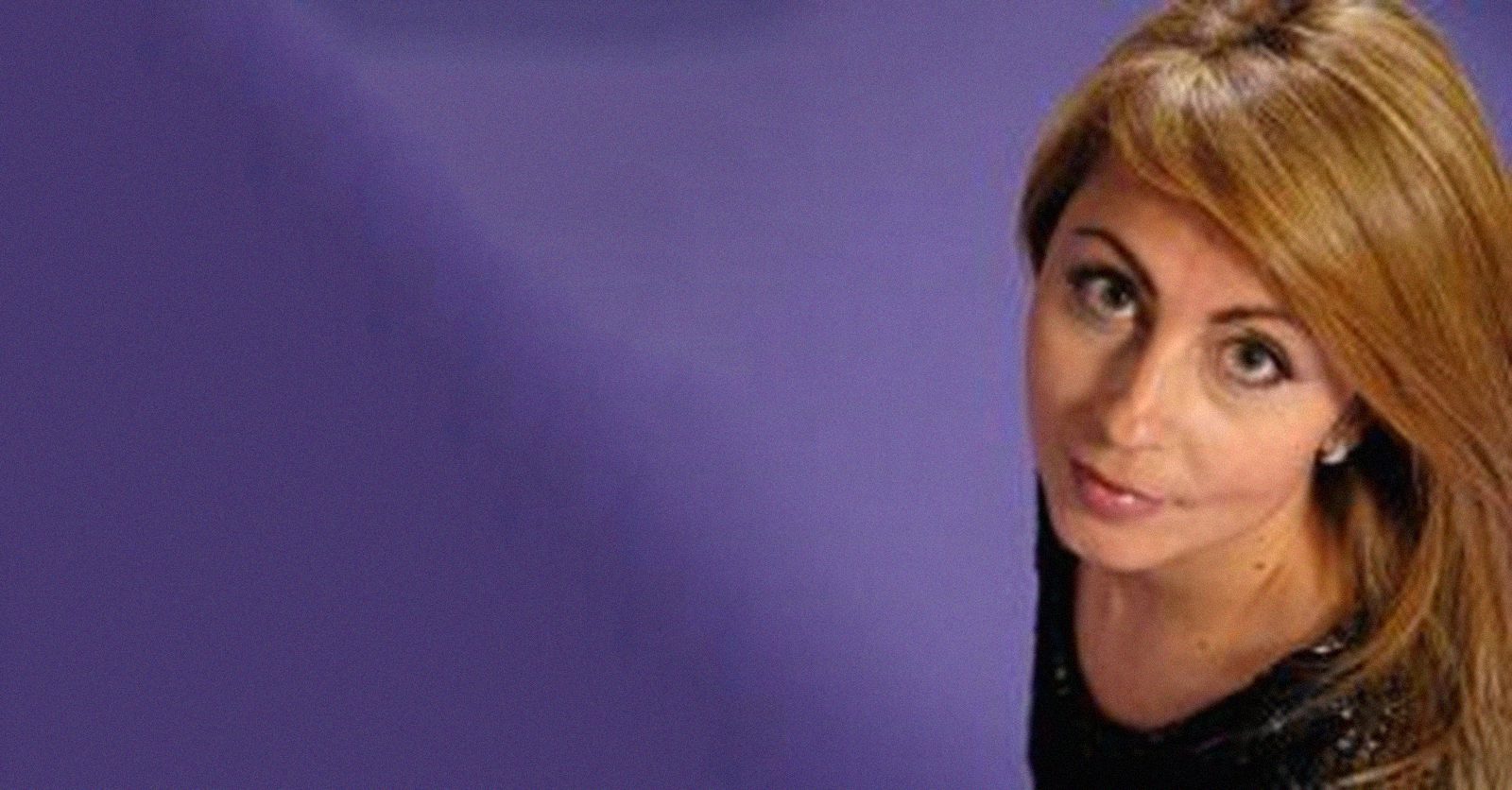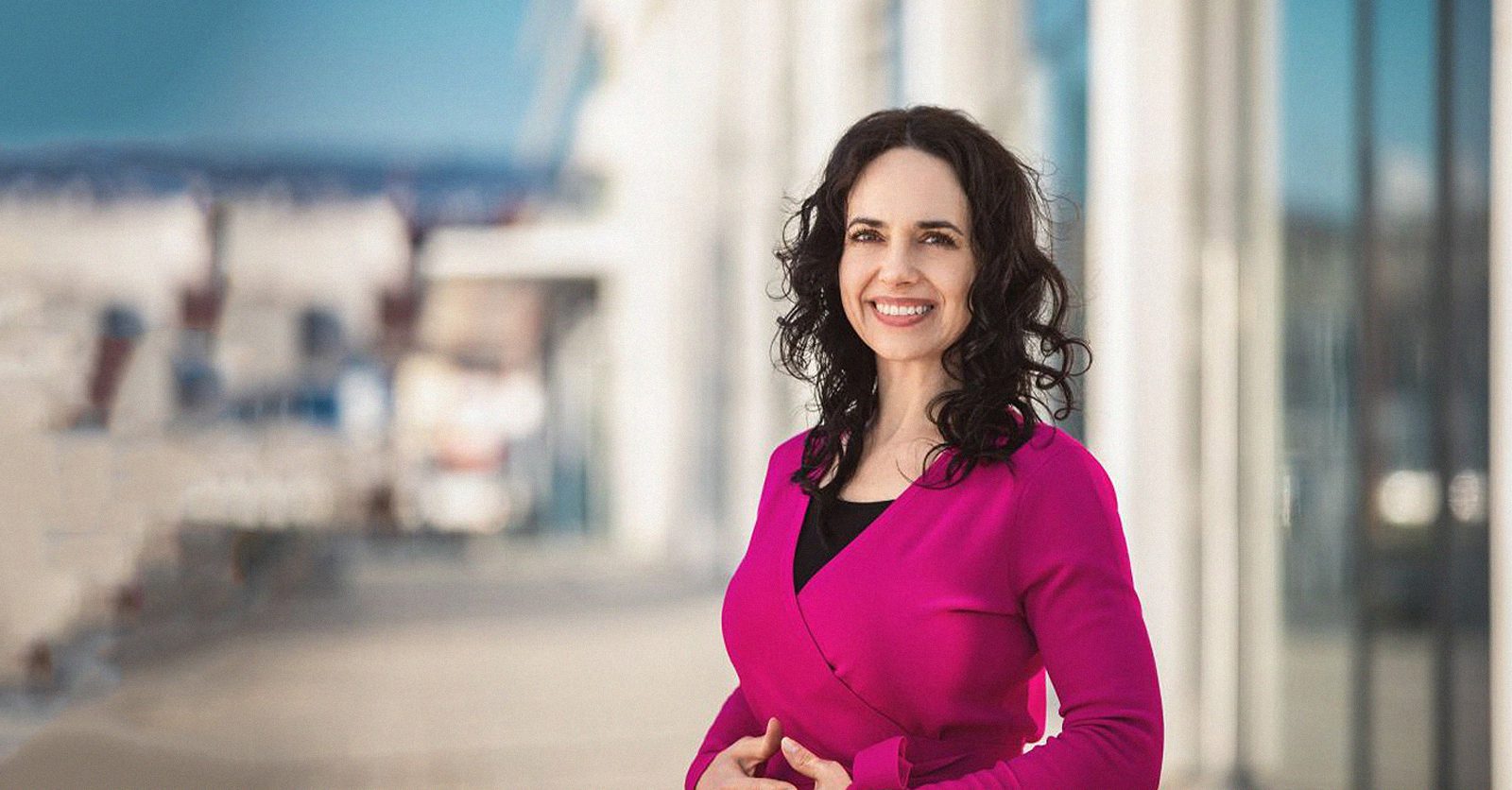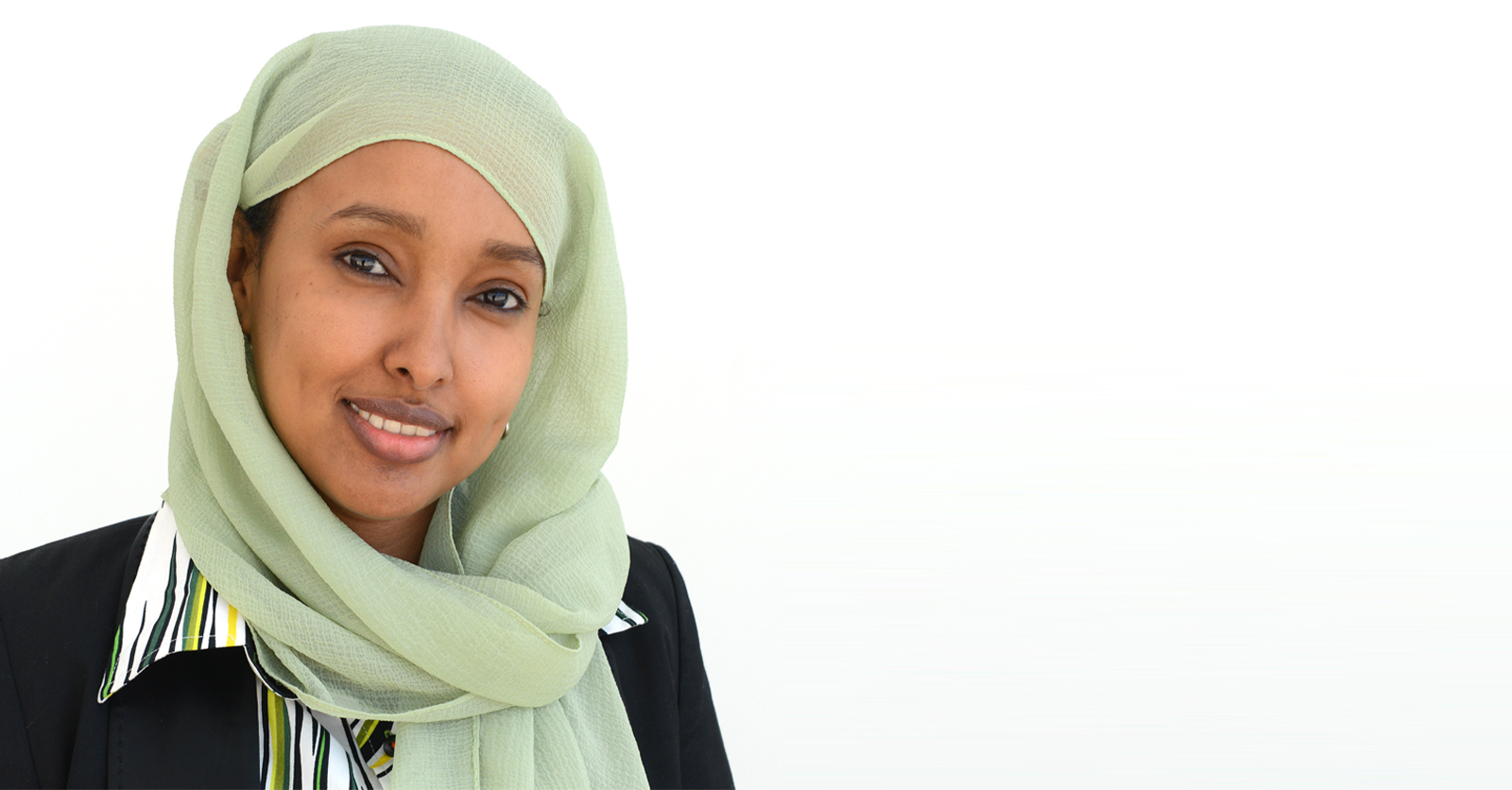Dr. Oyun Sanjaasuren is a trailblazer both in her native Mongolia and globally. She has championed many critical issues including democracy, gender equality, and the environment.
Oyun is a former government official, scientist, and author. She brings deep experience to her current role as Director of External Affairs at the Green Climate Fund, a critical driver of success for the historic Paris Agreement. This is the world’s largest climate fund, supporting over 140 countries in realizing their national climate change commitments. The Fund focuses on less developed countries and on projects that are innovative, low-emission, and climate-resilient.
In Mongolia, the world’s most sparsely populated country, Oyun served five consecutive terms in Mongolia’s Parliament, as well as Minister of Environment and Green Development (2012-2014) and Minister of Foreign Affairs (2007-2008). After leaving government service, she was Chair of the Global Water Partnership, and was the first President of the UN Environment Assembly, the governing body of UN Environment.
The Defining Crisis of Our Time
The UN calls climate change “the defining crisis of our time.” Rising temperatures are fueling environmental degradation, natural disasters, weather extremes, food and water insecurity, economic disruption, conflict, and terrorism. Business as usual is not good enough.
Oyun views balancing climate change and development as a top global challenge, asking pointedly: “How do we move forward and develop so that Earth can sustain us?” She cites her native Mongolia, where nomadic herders live as they have for generations. These herders haven’t caused climate change, but they are impacted by it because of pastoral degradation and the thawing of the permafrost, in terms of sustaining their traditional way of life.
As a thought leader on the environment, she is focused on bringing needed resources – from the public sector, the private sector and civil society – together to solve these challenges. She views financing, still scarce in this area, as one piece of solving the climate puzzle. Another is innovation to shift paradigms and drive change, and she advocates for large and small shifts in program design and thinking to make a major impact.
For example, green construction involves sustainably sourcing materials, improving energy efficiency and using renewable energy. This can cost money, but a green building – such as a school or other facility – uses less energy and creates less carbon dioxide emissions than a standard building. The Fund invests in critical climate-resilient infrastructure, by de-risking greener more sustainable investments. Oyun also raises issues about the ecosystem for this type of project, asking about regulations that either promote or hinder green buildings and if the necessary technology exists on the ground.
Oyun sees COVID-19 as both a complicating factor in the movement to address climate change, and an opportunity to think boldly about restructuring our societies to build resilience. She wants to ensure that we come out of COVID-19 more resilient and choose a new path so that we “get the recovery right.”
Building Political Will for Climate-Friendly Policies
Central to Oyun’s work, whether within national politics or her current position are two main principles: political will and partnership.
As a member of parliament, Oyun needed public support to pass new laws or reform existing ones. This created the needed political will. In her current position, she sees the youth movement for climate change and broader support from consumers creating momentum. “With political cycles only lasting three or four years, it’s very important to keep momentum and that for everybody – citizens, government, civil society, academics – to keep pushing.”
Partnerships between governments and the private sector are key as climate change cannot be addressed solely with public funding. “It’s about how do we do things differently so that every decision is filtered through a climate lens and a gender lens.”
Moreover, Oyun thinks it’s very important that organizations such as civil society, democratic institutions, and women’s organizations are involved at the outset of a project, so that community views are baked into the process. She cites a solar park in the Atacama Desert in Chile, supplying a low cost, clean and renewable alternative to coal-fired or Liquefied natural gas generated power. It was designed using a gender assessment and with environmental and social safeguards.
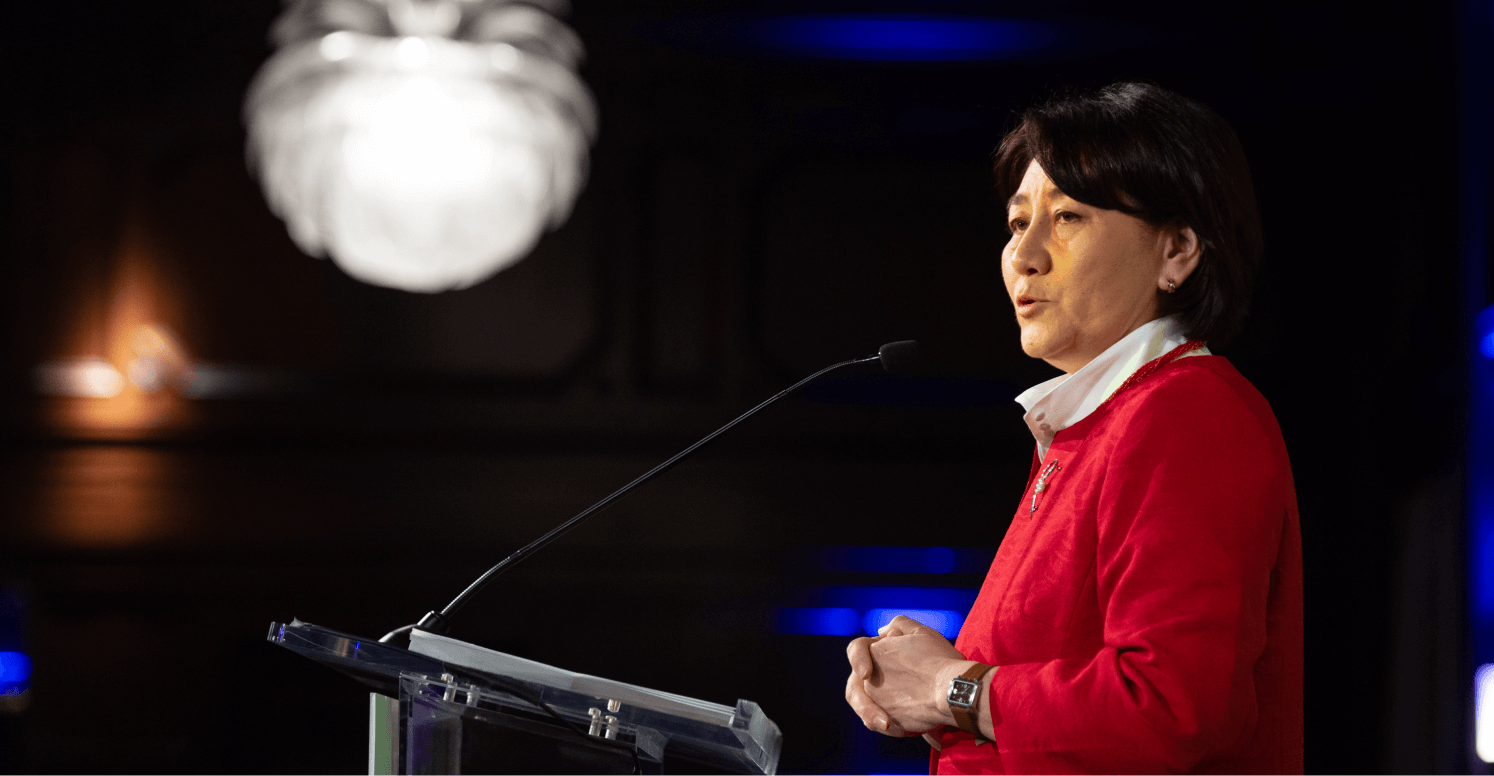

Credit: The 2019 Chang-Lin Tien Distinguished Leadership Awards
Becoming the Voice of Women
When she joined formal politics in her mid-thirties, the first question from a reporter was about being a woman in politics. “I didn’t really understand the question. I am an earth scientist. In this work, there really is no difference. I thought, ‘why are you asking this question?’ I was quite naive then.” Once in parliament, Oyun felt a huge responsibility to become the voice of women, and proactively support women and a quota because women were so underrepresented. At that time, only three out of 76 members of parliament were women. “You learn quickly that you don’t only represent but that you have to fight.” She was the first woman to lead a Mongolian political party and introduced a quota in the party’s by-laws.
Looking into the Future
Oyun thinks it’s important to measure success through impact. When she was in politics, she saw others who came up with legislation on paper, but the legislation did not pass, or it was not implemented. Finding a way to fund and implement the program is where the key challenge comes.
Currently, a key ambition globally is to achieve net-zero emissions by 2050. Oyun says, “I hope it [this goal] is just not sitting in the paper. People don’t have to work for a climate non-governmental organization. Everyone in their work can do things differently from how we’ve done them before. We can’t afford to do the same kind of development from the last 200 years and address climate later. The consequences of climate change are coming faster than what we’re expecting.”




 go back: about
go back: about
